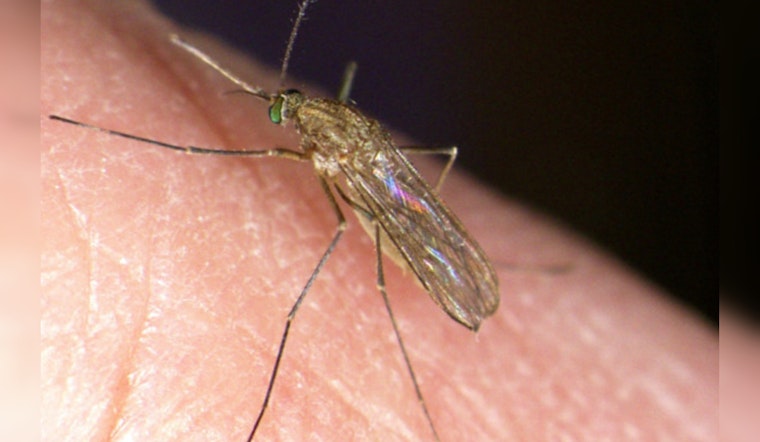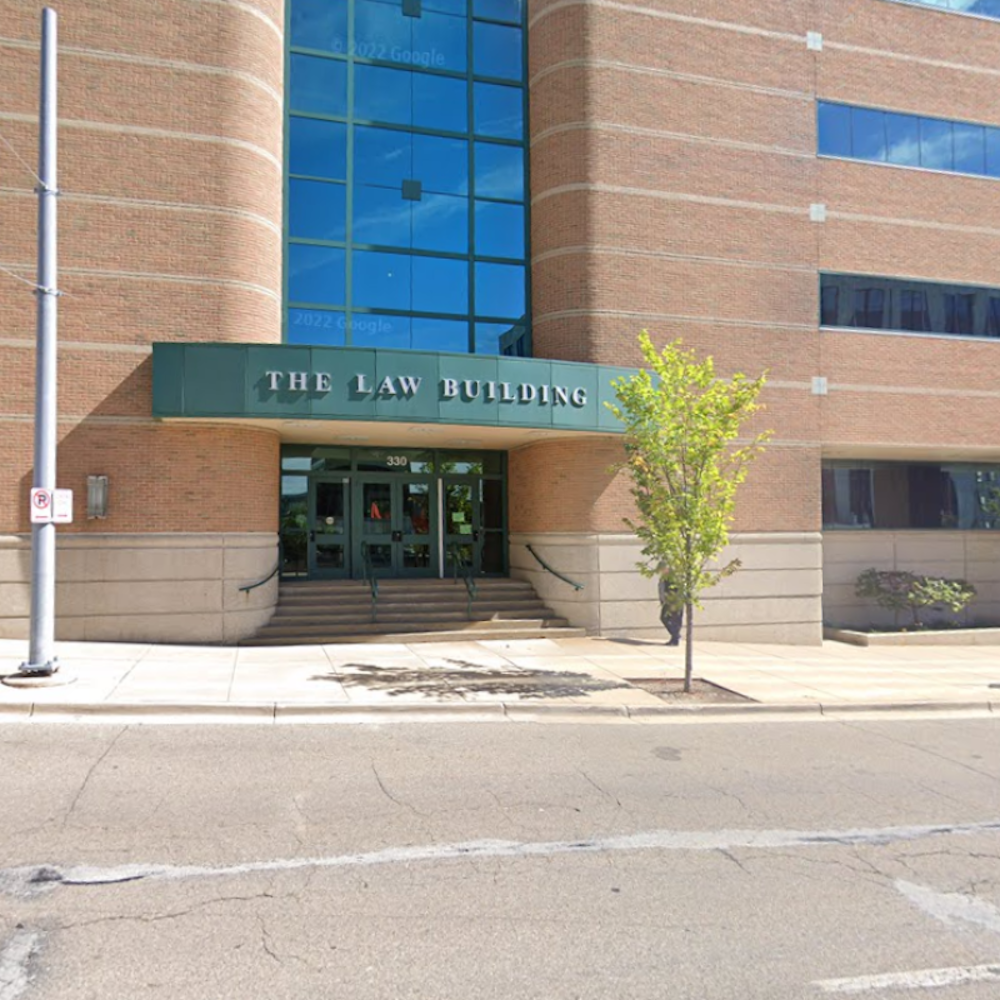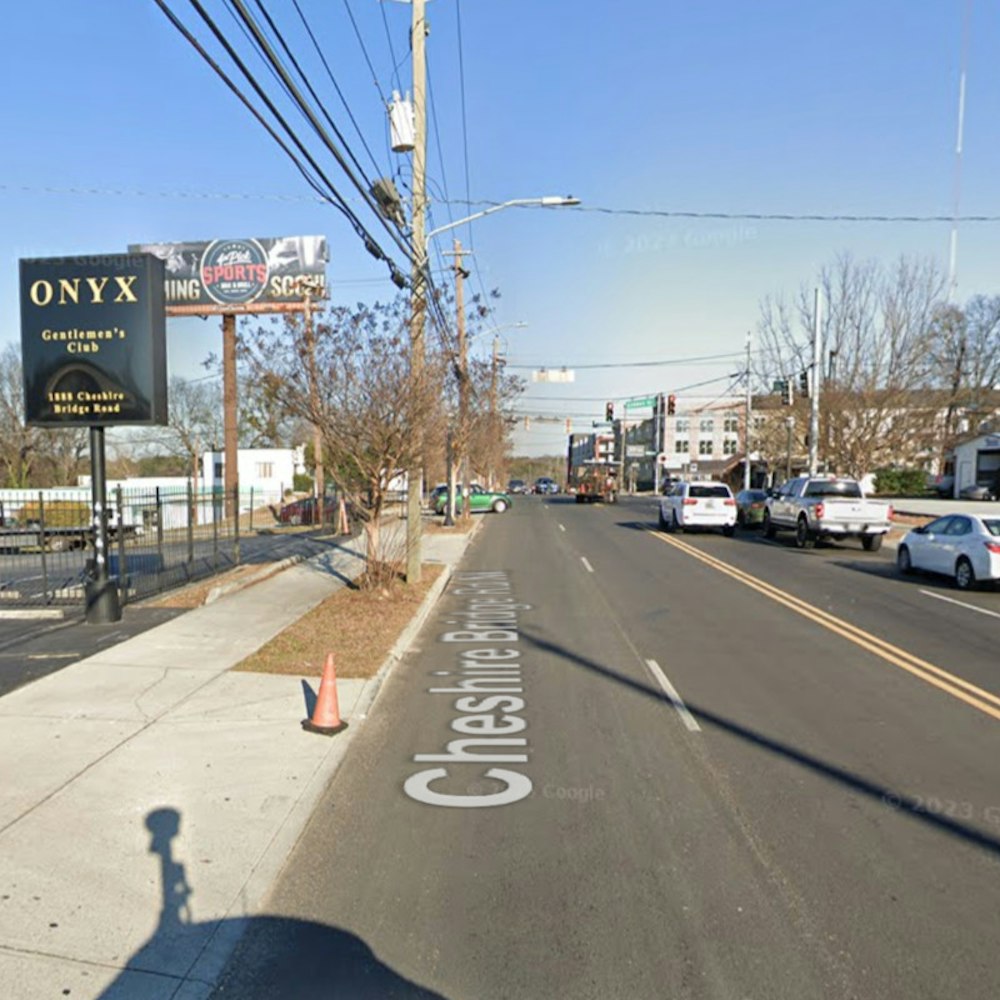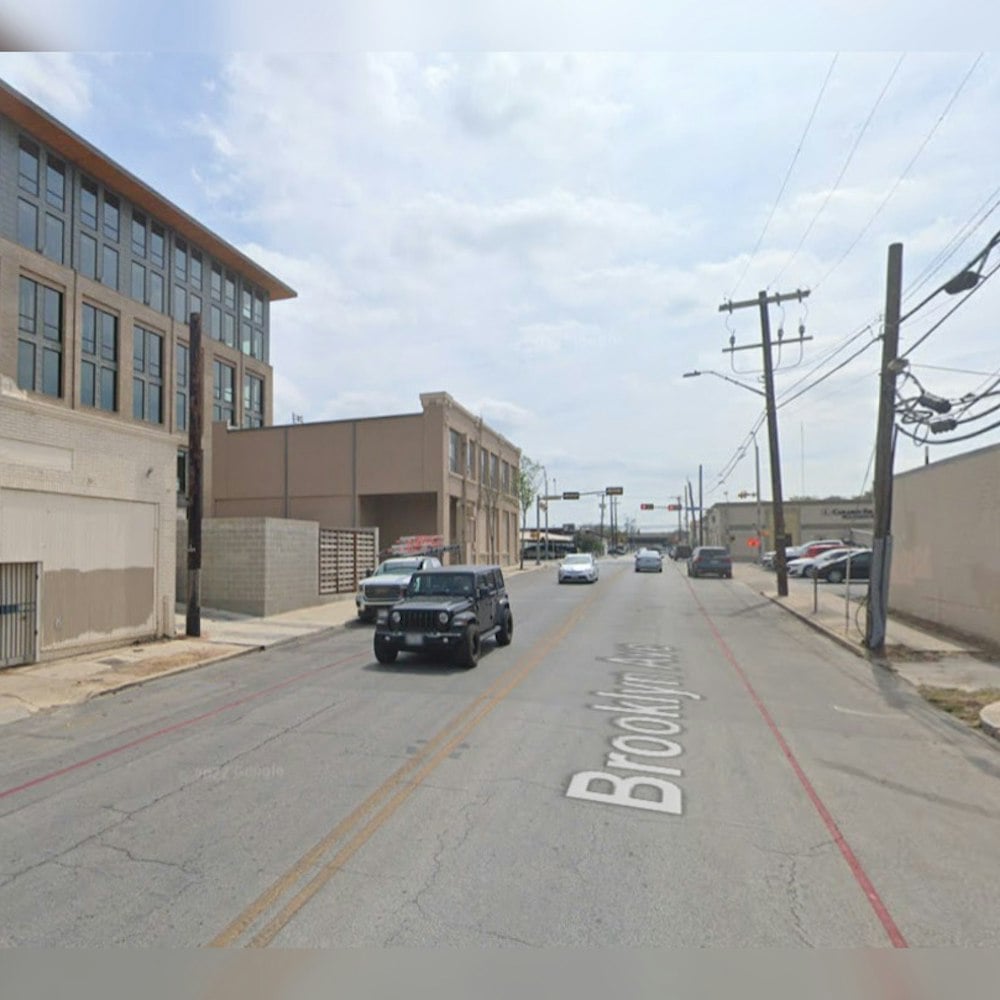
The threat of mosquito-borne illnesses continues to rise. Earlier today, West Nile virus-infected mosquitoes were confirmed in specific areas of San José and Milpitas by the Santa Clara Vector Control District, specifically in ZIP codes 95035, 95112, 95131, and 95134, as per County of Santa Clara new release. To control the situation, the District is undertaking immediate protective measures.
Depending on weather conditions, specialized truck-mounted equipment is planned to be used to reduce the adult mosquito population on Friday, October 13, between 10 p.m. and 2-4 hours later, according to the new release. The district's mosquito management program mainly targets immature mosquitoes in standing water. Still, when mosquitoes with West Nile virus are detected, adult mosquito control treatments are necessary. Any treatment delay might dangerously expose the public to potential vector-borne diseases.
Warm summer and early fall months often witness a rise in West Nile virus cases, as mosquitoes breed more successfully in these conditions. Since the virus's introduction to California in 2003, it has led to over 7,000 infections, nearly 400 of which have been fatal, as mentioned by the County of Santa Clara. In 2022 alone, the virus caused 15 deaths in the state. However, 2015 holds the record with 55 fatality cases reported.
The District's dedicated surveillance program helps detect diseases such as West Nile virus, St. Louis encephalitis, and western equine encephalitis, which are transmitted through mosquito bites. The data collected allows targeted responses to areas at increased risk. In this case, the District has undertaken quick action on detection of West Nile virus in San José and Milpitas to guard public health.
During the treatment process, residents do not need to panic or relocate as the adult-mosquito-control treatments are safe for people, pets, and the environment when handled by a professionally licensed vector-control professional, according to the Vector Control District of Santa Clara. The pesticide used is a short-lived chemical that breaks down swiftly when exposed to sunlight and is dispensed at an ultra-low volume, ensuring minimal risk of exposure to the public. The pesticides are Environmental Protection Agency-approved and used across California.
Preventing the spread of West Nile virus also requires individual initiatives such as frequent checks for standing water in their premises, emptying water-filled items, cleaning bird baths and pet bowls weekly, and clearing debris from rain gutters, among other measures, as mentioned by the Vector Control District of Santa Clara. It is best to avoid outdoor activities during dusk and dawn when mosquitoes are most active. Wearing light-colored, long-sleeved clothes and using insect repellents containing DEET, IR3535, or oil of lemon eucalyptus is recommended. Repellent usage must always follow label instructions.









